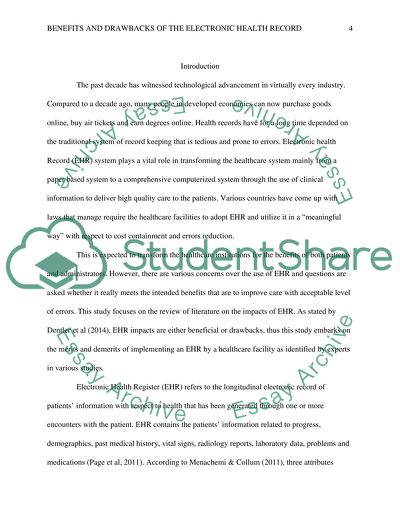Cite this document
(“Benefits and drawbacks of the electronic health record Research Paper”, n.d.)
Retrieved from https://studentshare.org/health-sciences-medicine/1645677-benefits-and-drawbacks-of-the-electronic-health-record
Retrieved from https://studentshare.org/health-sciences-medicine/1645677-benefits-and-drawbacks-of-the-electronic-health-record
(Benefits and Drawbacks of the Electronic Health Record Research Paper)
https://studentshare.org/health-sciences-medicine/1645677-benefits-and-drawbacks-of-the-electronic-health-record.
https://studentshare.org/health-sciences-medicine/1645677-benefits-and-drawbacks-of-the-electronic-health-record.
“Benefits and Drawbacks of the Electronic Health Record Research Paper”, n.d. https://studentshare.org/health-sciences-medicine/1645677-benefits-and-drawbacks-of-the-electronic-health-record.


